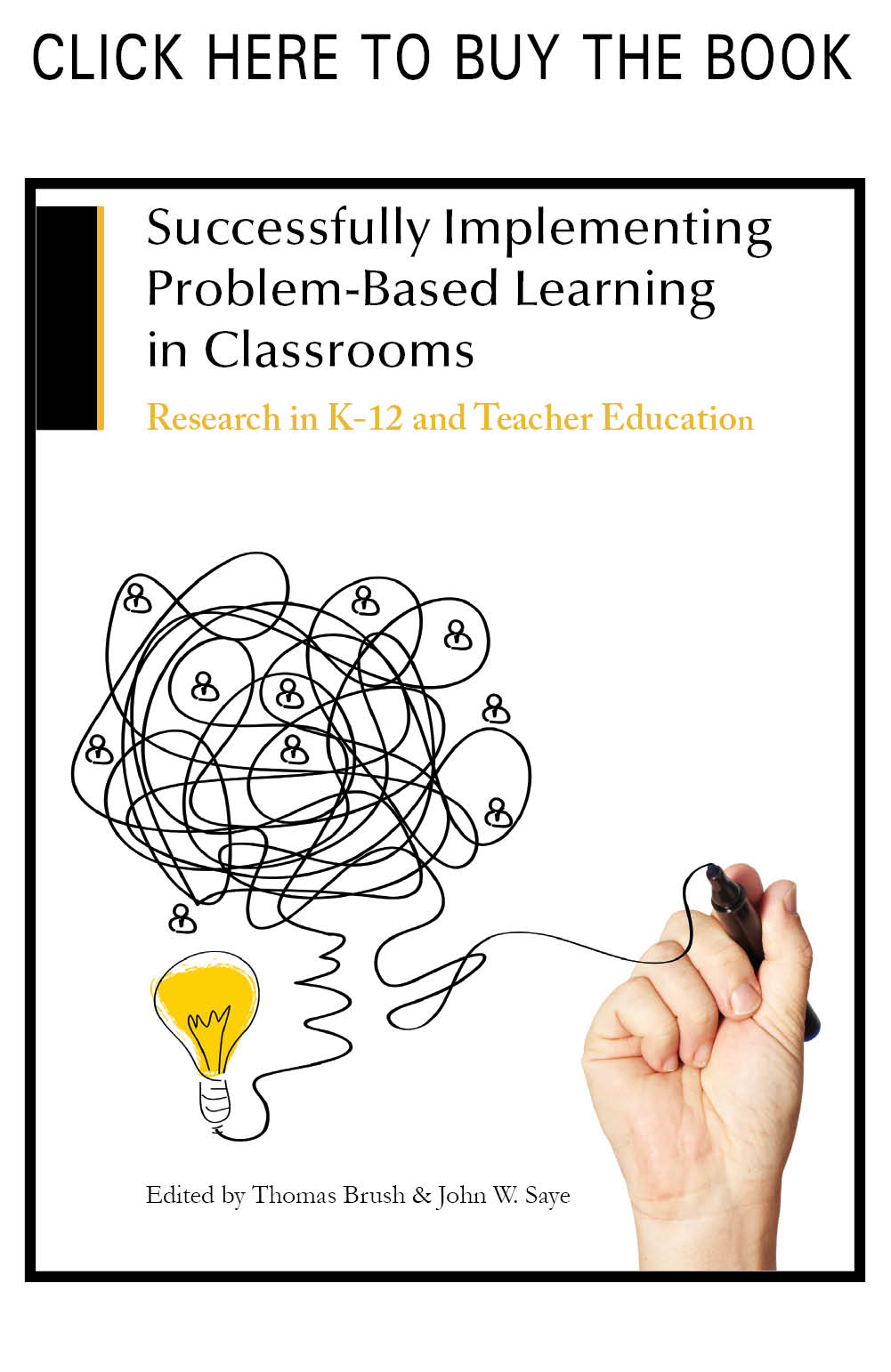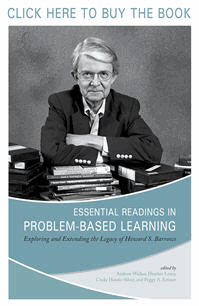Abstract
This systematic literature review was conducted to explore the effectiveness of problem-based and project-based learning (PBL) implemented with students in early elementary to grade 8 (ages 3–14) in mathematics and science classrooms. Nine studies met the following inclusion criteria: (a) focus on PBL, (b) experimental study, (c) kindergarten to grade 8 level, and (d) focus on mathematics or science content. For these studies, we examined: the definitions of PBL used, the components of PBL explicitly identified as salient to student learning, and the effectiveness of PBL. This review found that although there is no consistent definition of PBL, PBL is an effective method for improving K–8 students’ science academic achievement, including knowledge retention, conceptual development, and attitudes. Implications and limitations are discussed.
Recommended Citation
Merritt, J.
,
Lee, M.
,
Rillero, P.
,
&
Kinach, B. M.
(2017). Problem-Based Learning in K–8 Mathematics and Science Education: A Literature Review. Interdisciplinary Journal of Problem-Based Learning, 11(2).
Available at: https://doi.org/10.7771/1541-5015.1674
Included in
Elementary Education and Teaching Commons, Junior High, Intermediate, Middle School Education and Teaching Commons, Pre-Elementary, Early Childhood, Kindergarten Teacher Education Commons, Science and Mathematics Education Commons




